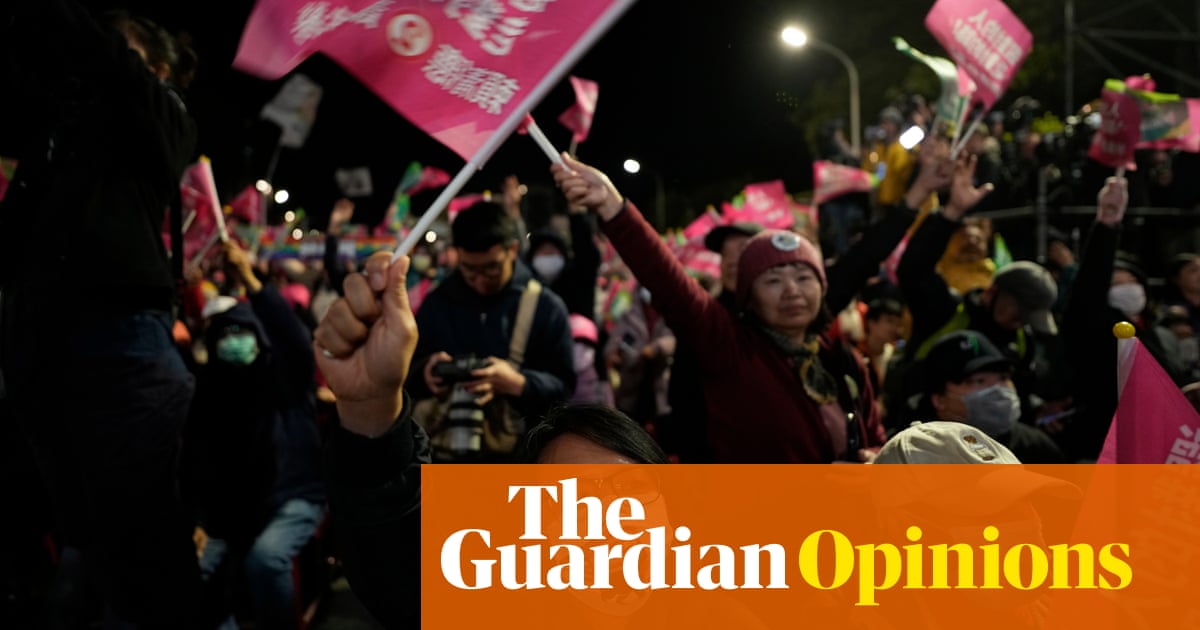
he two candidates for the seat of Mutalau, a village on Niue’s northern point, could not be separated. Both had the same number of votes, just as had happened in the last election; in 2017 it was 19-19, in 2020 it was 26-26.
The result was decided by the toss of a coin. It fell for Makaseau Ioane, and with it went the seat in parliament.
Unadulterated by formal political parties, attack ads, or costly campaigns, elections on the tight-knit Pacific island of Niue are democracy in pure form.
In this year’s poll, sitting MP Opili Talafasi was returned to his seat with 14 votes. Several other electorates were won uncontested.
A coral island in the South Pacific, one-sixth the size of greater London, Niue is a self-governing state in “free association” with New Zealand, which is 2,400km to the south-west and which holds responsibility for its defence and international relations.
Formally, Niue is a member of the Realm of New Zealand: the Queen is Niue’s head of state.
While 1,700 Niuens live on the island, more than 30,000 – more than 95% of the its people - live in New Zealand, where they enjoy citizenship rights.
This year’s general election at the end of May has brought the first change of leader in the country in a dozen years. Premier Sir Toke Talagi – the country’s only knight – was not re-elected after a dozen years in office: ill-health had kept him from much of the campaign.
New premier Dalton Tagelagi wants to open his country to other Pacific countries and its benefactor, New Zealand. Niue’s isolation has spared it a single case of Covid-19, but the country is hugely dependent on remittances, foreign aid, and tourism, which have been devastated by the pandemic shutdowns.
“I’ll be speaking with the PM of NZ later and look at opening the Pacific bubble – the Cook Islands, Niue, Tonga and Samoa. We don’t have any planes but they do,” TV Niue reported him saying.
“If [the region’s] Covid-free for a while now, I think it’s safe enough for us to say we can open up the borders a little bit.”
Tagelagi is well-known on the island. A parliamentarian for 12 years, minister for six, and the son of the country’s first parliamentary speaker, Tagelagi is also an international-level lawn bowler, having represented Niue in bowls at the 2014 and 2018 Commonwealth Games.
It’s not known whether the premier will continue to bowl for his country as well as lead it politically.
Tagelagi told Pacific Media Network (PMN) Niue, that his small nation would have to make “sacrifices” to counter significant budgetary shortfalls brought by the isolation and economic destruction of the Covid-19 shutdowns and travel bans.
“We are a country dependent on aid support. We have to play our part in understanding what they [donor nations] are going through now … dealing with Covid, we must respect that and take what support comes our way.”
Tourism is a significant earner for the country’s fragile economy, but the country has been isolated for the course of the pandemic.
“Be prepared and be supportive, we need the support of our people. We … can’t always have the good days, some days are bad days, but you’ve got to make sacrifices with it, in order to return to the good old happy days.”
In the 1960s, more than 5000 people lived on Niue, but the country’s population has steadily drained in the decades since, as young Niuens, in particular, leave the island for education and employment.
Sam Pilisi, a Niuen community youth leader based in New Zealand, said retaining young people and families on Niue had been an issue for decades.
“I am hopeful for change, be it economic, social or cultural progress for Niue. There is a mix of experienced members and fresh blood in the Fale Fono (Parliament), so I hope this heralds a new way forward of embracing some new innovative ideas and solutions for Niue’s future,” Pilisi said.
But some commentators argue the new leader does not necessarily reflect a change in Niue governance.
“It’s interesting that people wanted to change but they defaulted to the old guard,” Dr Colin Tukuitonga, Niuen regional health expert and academic, told The Guardian.
“The majority of MPs are the same. Some were hoping for change but it really hasn’t [happened]. There is a reduction in the number of women MPs and remaining issues on accountability for public funds,” he said.












